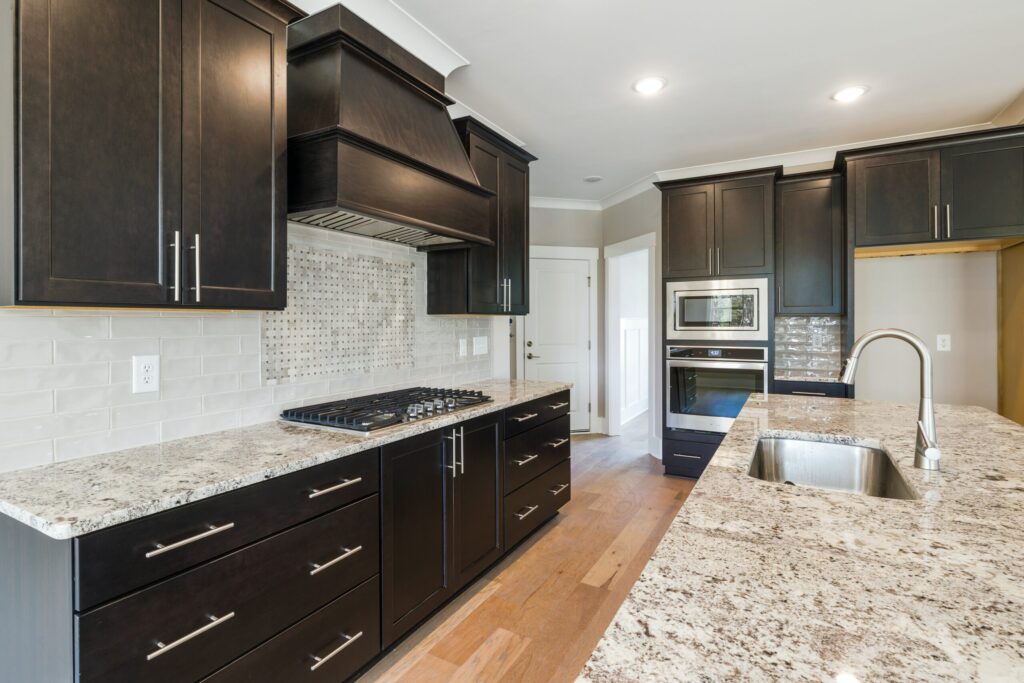Buying your new home is one of life’s big financial decisions. The mortgage process can be intimidating, especially if you are new to the arena, with all the strange terminology and countless options. There are several mistakes that new buyers make that are very costly, yet may well be prevented by being better prepared and better educated.
Knowing in advance will keep you from losing thousands of dollars as well as much of your anxiety. Let us take a glance at the five most common mortgage errors that are made by new home buyers, as well as how to steer clear of them.
1. Not Getting Pre-Approved
First-time buyers are often confused between pre-qualification and pre-approval, yet they are two separate processes. Pre-qualification will give an estimate of the value you can borrow based on the information you provide, while pre-approval requires a deeper delve into your financial position.
It works to your vast disadvantage if you visit homes without pre-approval. Sellers won’t take you as seriously and real estate agents won’t take you as seriously – sellers welcome offers that are made by pre-approved buyers, and the chances are, you will fall in love with a home that falls outside of your actual budget, wasting your time.
2. Overlooking Your Credit Score
Your credit score directly impacts your mortgage rate, your monthly payment, as well as your final loan price in the long run. Some potential home buyers do not check their credit score until they are set to obtain a mortgage, without the possibility of enhancing it in the process.
Small increases in your credit score can add up to big savings. The good credit, excellent credit gap can make a difference of tens of thousands of dollars over the life of your loan. Check your credit report for errors, eliminate debt, and don’t open new credit accounts in the process of preparing your finances for purchasing your home.
3. Selecting the Wrong Mortgage Product
The market has various loan products, including special loans that are suit various financial positions. Many first-time buyers largely utilize the standard loans without exploring other options that are fitting in the customers’ finances.
Fixed loans are secured, therefore are a good selection if you will be remaining in your home in the long run. Adjustable-rate mortgages generally start at lower rates, however are subject to increasing rates. Government loans, such as FHA, VA, or USDA loans, may offer better terms to eligible buyers, e.g., lower down payment.
We recommend working with a mortgage broker that can help you analyze every South Carolina mortgage lender and product – you’ll soon have the one that suits your goals and finances.
4. Overlooking Extra Costs
First-time home buyers are mostly worried about the down payment, as well as the monthly mortgage payment, without thinking about the other expenses involved in property ownership. This may lead to financial distress or disrupt the purchase plan.
Aside from your down payment, save up for closing expenses, typically between 2% to 5% of your home purchase price. These are comprised of appraisal fees, title insurance, attorney fees, among other expenses of the lender. Consider other monthly bills like property taxes, homeowner’s insurance, PMI (where you need it), and maintenance fees.
5. Forgetting to Shop Around for Rates
Borrower rates can vary significantly between lenders, even the identical loan product. Many new home buyers accept the first offer they receive from the first bank or financial institution, costing themselves thousands of dollars.
Their terms, fees, and provisions of qualification are diverse. Some will be offering competitive terms with reduced overhead expenses, while others will be offering other benefits. Thankfully, a broker will help you compare options and ensure you find the best rates and terms available.
Your Roadmap to Homeownership Success
Helping to steer clear of typical mortgage pitfalls puts you in favor of a simpler home purchase process and improved finances. Take the time to get your finances in check, learn about your choices, and comparison shop the best deal. Bringing in experienced professionals such as mortgage brokers and real estate agents can walk you through the process as well.
Remember, buying a home is a marathon, not a sprint. To plan well now will be rewarded in the long run in your home-owning life.




